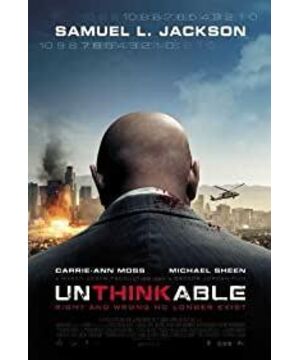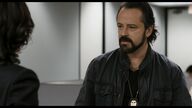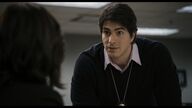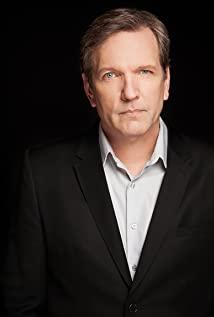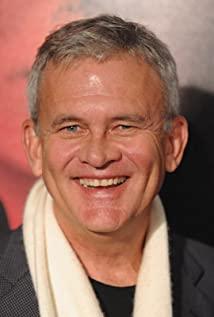The two have a lot in common. First, they both use fear as a means to achieve their goals. Second, they are both absolute believers. Third, they both have "too healthy" human nature.
I typed this text piecemeal, just because I have a lot of ideas, in order to prevent forgetting, I clicked on the key points first.
The screenwriter gave h a good reference, that is, the assistant who has always been with him with some Indian blood. From the perspective of belief, I define him as the "bottom line", as h said, he wants to find out Younger's weakness , and then break him, what h is looking for is Younger's bottom line.
Two children are the bottom line for this otherwise all-powerful Indian defender.
Once this bottom line is hit, belief becomes invalid. There are many similar things in our lives. For example, some military cadres are strict with themselves, but they capsize in their private lives. This seems to have nothing to do with belief. However, if communalism is regarded as a belief, I would The bottom line of the cadre mentioned is instinct.
There are many examples, filling all areas of life, so I won't repeat them.
Back to the question of the child, I was skeptical that Young was a complete believer, but when he got the pistol, he took his own life without hesitation and entrusted his child to the federal policewoman. In my hands, I immediately dispelled my doubts, this guy is a complete believer!
Because, he knew there was a fourth bomb. It doesn't matter how the policewoman treats his children, because the fate of the two children is not in that policewoman's hands.
This is just a complete overriding of the bewildered by the believers.
When it comes to the policewoman, she is the most struggling in the whole film, but she is not the most hypocritical. In my interpretation, she belongs to the lost person in real life, and she is always shaken.
There are also important interpretations of other seemingly unimportant actors. H's trustee, the fat man in the black suit, can be regarded as a believer, but he is not an absolute believer, because he has no choice. He is just the apostle of h.
The mysterious person who lost the gun at the end represents the American government, and he interprets the multifaceted nature of the American government from beginning to end.
In fact, there is another character that I think is worth studying, that is h's wife, she is another apostle of h, and the meaning of her existence is to prove that "evil is not a single-dimensional thing".
There are many problems that this film drags out. From the perspective of faith, it is actually quite useful to understand what faith is.
Write these first.
View more about Unthinkable reviews


